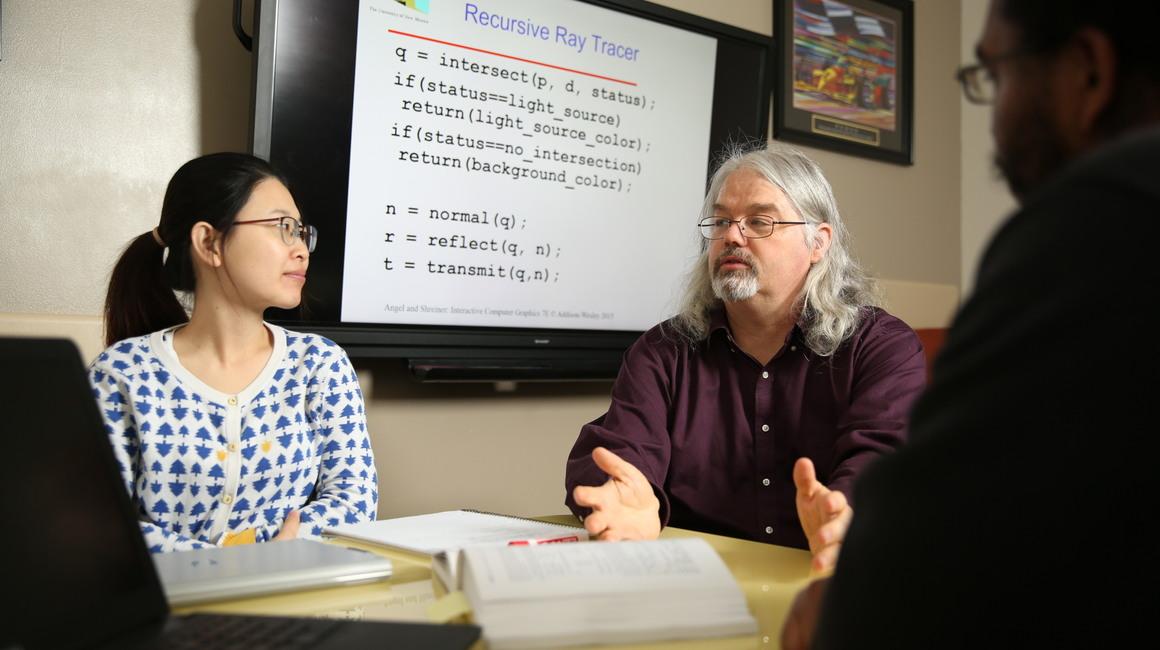Dr. Patrick Juola, the Joseph A. Lauritis, C.S.Sp., Endowed Chair in Teaching and Technology, has been selected as a Fulbright U.S. Scholar for 2024-2025 academic year.
Juola will travel to Budapest, Hungary, for the spring 2025 semester to work in the
laboratory of Dr. Gabór Palkó at Eötvös Loránd University. In addition, he will teach
natural language processing, a machine-learning technology that gives computers the
ability to interpret, manipulate and comprehend human language.
The research team will work to improve natural language processing in Hungarian, including
improvements in authorship analysis technology. Juola plans to take these learnings
to other universities in Europe and the Middle East to address challenges and share
technologies that can foster equity and opportunity.
“One of my big goals is to support natural language processing for ‘low resource’
languages,” Juola said. “For example, there are nearly 200 languages in the Philippines,
but how many of those languages have the spelling and grammar checkers that English-speakers
use every day? How many have speech-to-text support or predictive typing?”
Juola said he is looking forward to bringing new knowledge back to his classroom to
create horizon-expanding opportunities for Duquesne students. He also plans to support
other faculty, students and staff who are going through the Fulbright application
process.
“Not only will I learn a lot about my professional specialization from working with
some of the world's experts, I'm hoping to learn about different methods of teaching
and structuring curricula,” Juola said. “The connections I make will hopefully allow
me to help students make those connections if they want to work or study in Europe.”
A presidentially appointed 12-member board supervises the Fulbright Program worldwide
and approves recipient selection. The Fulbright Program is devoted to increasing mutual
understanding between people of the United States and those of other countries.
Recognized as the world’s largest and most diverse international exchange program,
the award allows researchers to join the distinguished ranks of alumni who have become
heads of state, Nobel Laureates, Pulitzer Prize winners and more. Since its inception
in 1946, more than 400,000 scholars have participated in the program.
News Information


